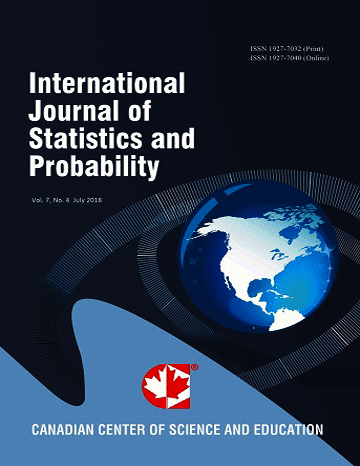Evaluation of Performance of Adaptive Designs Based on Treatment Effect Intervals
- Fang Fang
- Yong Lin
- Weichung Joe Shih
- Shou-En Lu
- Guangrui Zhu
Abstract
The accuracy of the treatment effect estimation is crucial to the success of Phase 3 studies. The calculation of sample size relies on the treatment effect estimation and cannot be changed during the trial in a fixed sample size design. Oftentimes, with limited efficacy data available from early phase studies and relevant historical studies, the sample size calculation may not accurately reflect the true treatment effect. Several adaptive designs have been proposed to address this uncertainty in the sample size calculation. These adaptive designs provide flexibility of sample size adjustment during the trial by allowing early trial stopping or sample size adjustment at interim look(s). The use of adaptive designs can optimize the trial performance when the treatment effect is an assumed constant value. However in practice, it may be more reasonable to consider the treatment effect within an interval rather than as a point estimate. Because proper selection of adaptive designs may decrease the failure rate of Phase 3 clinical trials and increase the chance for new drug approval, this paper proposes measures and evaluates the performance of different adaptive designs based on treatment effect intervals, and identifies factors that may affect the performance of adaptive designs.
- Full Text:
 PDF
PDF
- DOI:10.5539/ijsp.v7n6p81
Index
- ACNP
- Aerospace Database
- BASE (Bielefeld Academic Search Engine)
- CNKI Scholar
- DTU Library
- Elektronische Zeitschriftenbibliothek (EZB)
- EuroPub Database
- Excellence in Research for Australia (ERA)
- Google Scholar
- Harvard Library
- Infotrieve
- JournalTOCs
- Mir@bel
- Open policy finder
- ResearchGate
- Technische Informationsbibliothek (TIB)
- UCR Library
- WorldCat
Contact
- Wendy SmithEditorial Assistant
- ijsp@ccsenet.org
